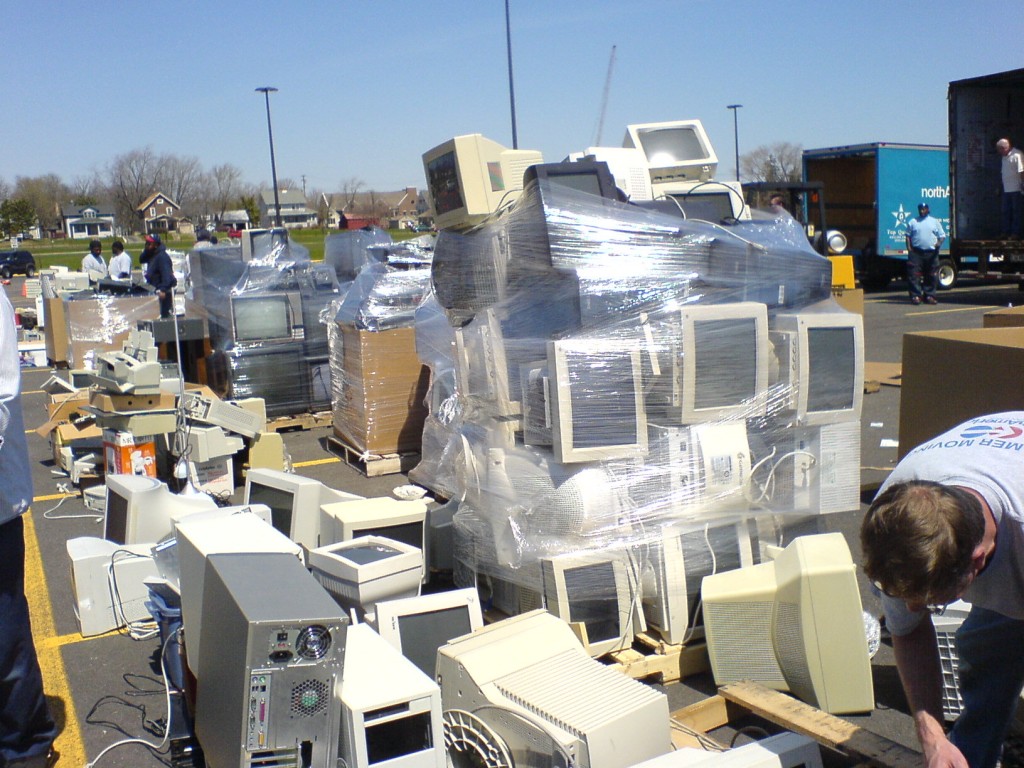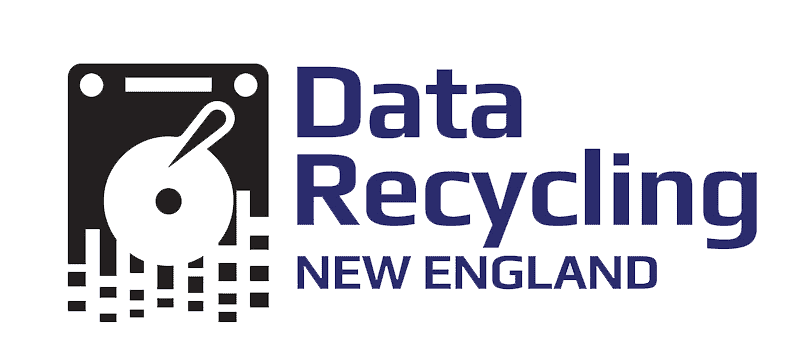For many people across the country, recycling has become a way of life. In some communities not recycling even comes with fines from the municipality – but even the most gung-ho recyclers may not realize that they’re dropping the ball when it comes to recycling their electronic waste. In many cases, people simply don’t know what to do with their electronics – especially devices that may contain sensitive information such as computers or cell phones. Thus, they place them on a shelf where they’re forgotten (and potential targets for data theft). Others, unfortunately ,toss the equipment in the bulk items trash, assuming there are far too many components for them to make it through the traditional recycling process. As it turns out however, most electronics canbe recycled responsibly, although it may require a bit more effort than throwing items in a bin and calling it a day.
At first glance, it may be hard to imagine how much electronic waste is piling up – after all, electronics aren’t like paper. Every person in town isn’t carrying around 12 cell phones and five laptops. However, in 2014 the United States alone generated11.7 milliontons of electronic waste with 41.8 million tons being generated worldwide and, unfortunately, only 6.5 million tons of global electronic waste was recycled by a take-back system. That means that roughly 35 million tons of electronic waste potentially ended up in a landfill or were improperly recycled.
You may be wondering how it’s even possible for that much electronic waste to be generated. According to the EPA, 416,000 mobile devices and 142,000 computers are disposed of dailyin landfills or incinerators. Additionally, each year roughly 1 million tons of lamps, 6.3 million tons of screens and monitors, and 7 million tons of temperature equipment (cooling and heating units, like refrigerators and stoves) are disposed of.
When all is said and done it’s clear that that’s a lot trash – and the majority of it can be recycled properly and avoid being thrown into landfills or incinerated (which can release harmful chemicals into the air). If you have electronics that you’d like to recycle properly and responsibly, Data Recycling New England can help. While we’re typically associated with recycling computer equipment and hard drives, we’re also experts in recycling large and small appliances, as well as freon and non-freon bearing appliances.
For further information on recycling with Data Recycling New England, visit our websiteor give us a call at (508) 822-2054.
